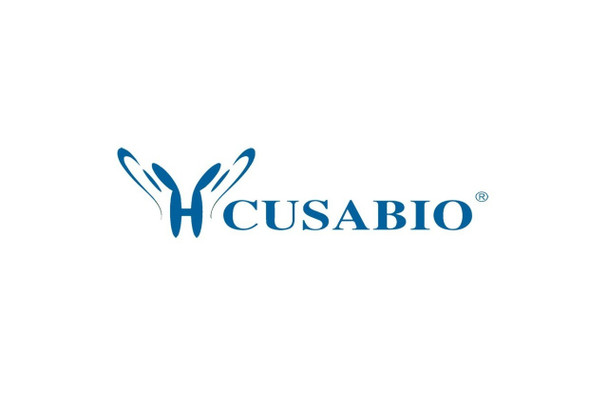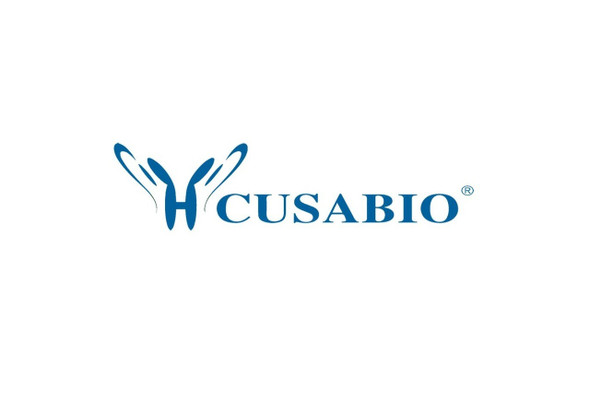Cusabio Polyclonal Antibodies
TEX37 Antibody | CSB-PA657723
- SKU:
- CSB-PA657723
- Availability:
- 3 to 7 Working Days
Description
TEX37 Antibody | CSB-PA657723 | Cusabio
TEX37 Antibody is Available at Gentaur Genprice with the fastest delivery.
Online Order Payment is possible or send quotation to info@gentaur.com.
Product Type: Polyclonal Antibody
Target Names: TEX37
Aliases: testis expressed 37
Background: The second largest human chromosome, 2 consists of 237 million bases encoding over 1, 400 genes and making up approximately 8% of the human genome. A number of genetic diseases are linked to genes on chromosome 2. Harlequin icthyosis, a rare and morbid skin deformity, is associated with mutations in the ABCA12 gene. The lipid metabolic disorder sitosterolemia is associated with ABCG5 and ABCG8. An extremely rare recessive genetic disorder, Alstr m syndrome is due to mutations in the ALMS1 gene. Interestingly, chromosome 2 contains what appears to be a vestigial second centromere and vestigial telomeres which gives credence to the hypothesis that human chromosome 2 is the result of an ancient fusion of two ancestral chromosomes seen in modern form today in apes.
Isotype: IgG
Conjugate: Non-conjugated
Clonality: Polyclonal
Uniport ID: Q96LM6
Host Species: Rabbit
Species Reactivity: Human
Immunogen: Synthetic peptide of human TEX37
Immunogen Species: Human
Applications: ELISA, IHC
Tested Applications: ELISA, IHC;ELISA:1:2000-1:10000, IHC:1:30-1:150
Purification Method: Antigen affinity purification
Dilution Ratio1: ELISA:1:2000-1:10000
Dilution Ratio2: IHC:1:30-1:150
Dilution Ratio3:
Dilution Ratio4:
Dilution Ratio5:
Dilution Ratio6:
Buffer: -20°C, pH7.4 PBS, 0.05% NaN3, 40% Glycerol
Form: Liquid
Storage: Upon receipt, store at -20°C or -80°C. Avoid repeated freeze.
Initial Research Areas: Tags & Cell Markers
Research Areas: Tags & Cell Markers









